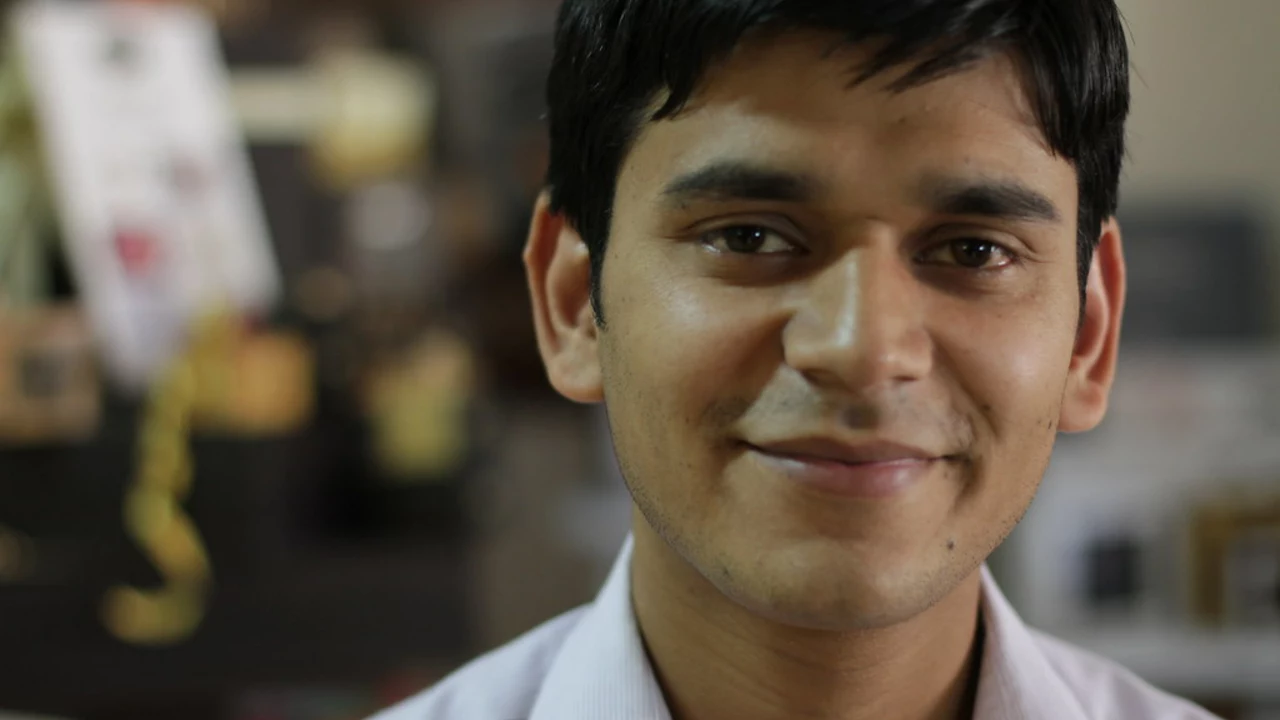Understanding Indian Men: The Cultural Context
Indian men, like men from any other part of the world, have their own set of fears. These fears are often shaped by the cultural, social, and economic environment they grow up in. This section will provide a cultural context to better understand what scares Indian men.
India, being a diverse country with various religions, languages, and cultures, has different societal norms for men. These norms often influence their thoughts, actions, and fears.
Financial Instability: A Common Fear
Financial instability is one of the most common fears among Indian men. This fear stems from the societal expectation that men should be the primary breadwinner of the family. The pressure to secure a well-paying job and provide for the family can be overwhelming.
In a country where millions grapple with poverty and unemployment, the fear of financial instability is real and often leads to stress and anxiety.
Societal Expectations: The Burden of Masculinity
The societal expectation of masculinity is another significant fear among Indian men. Indian society often expects men to be strong, stoic, and emotionally invulnerable. Showing vulnerability or expressing emotions is often seen as a sign of weakness.
This expectation can create immense pressure and often leads to fear of being judged or ridiculed. It also prevents men from seeking help when they are struggling emotionally, leading to an increase in cases of depression and suicide among Indian men.
Failure: The Fear of Not Meeting Expectations
Failure is a universal fear, but in India, it takes a unique form. The fear of failure is not just about personal disappointment but also about disappointing family and society. From a young age, Indian men are taught to strive for success, and failure is often viewed as a mark of disgrace.
This fear can lead to stress, anxiety, and in extreme cases, can lead to self-harm or suicide.
Marriage: The Fear of Choosing the Wrong Partner
Marriage is a significant milestone in an Indian man's life, and the fear of choosing the wrong partner is a common fear. In a society where divorce is stigmatized and marital problems are often swept under the rug, the fear of a failed marriage can be overwhelming.
This fear often leads to men being overly cautious in choosing their life partner, resulting in delayed marriages or even lifelong bachelorhood.
Body Image: The Fear of Not Being 'Manly' Enough
Body image is a growing concern among Indian men. With the media often portraying an idealized image of the masculine body - muscular, tall, and handsome - many Indian men fear that they don't measure up.
This fear often leads to low self-esteem, poor body image, and in severe cases, body dysmorphia.
Ageing: The Fear of Losing Youthful Vigor
Ageing is a universal fear, and Indian men are no exception. The fear of ageing often comes from the fear of losing youthful vigor, health issues, and becoming a burden on the family.
Ageing is a natural process, but the fear of ageing can lead to anxiety, depression, and an unhealthy obsession with maintaining youthfulness.
Health Issues: The Fear of Illness and Death
The fear of illness and death is a common fear among Indian men. This fear is often amplified by the high incidence of lifestyle diseases like diabetes, heart disease, and cancer in India.
Health issues can lead to financial instability, adding another layer of fear. In addition, the fear of leaving their families unprotected in case of their untimely death can cause significant stress.
Confronting Fears: Addressing the Issue
Understanding and acknowledging these fears is the first step towards addressing them. It's essential to create a safe space for Indian men to express their fears without judgment. Encouraging open conversations about fears and mental health can go a long way in helping Indian men overcome their fears.
Moreover, societal norms need to change to allow men to show vulnerability and seek help when needed. This change can be brought about through education, awareness campaigns, and advocating for men's mental health.
